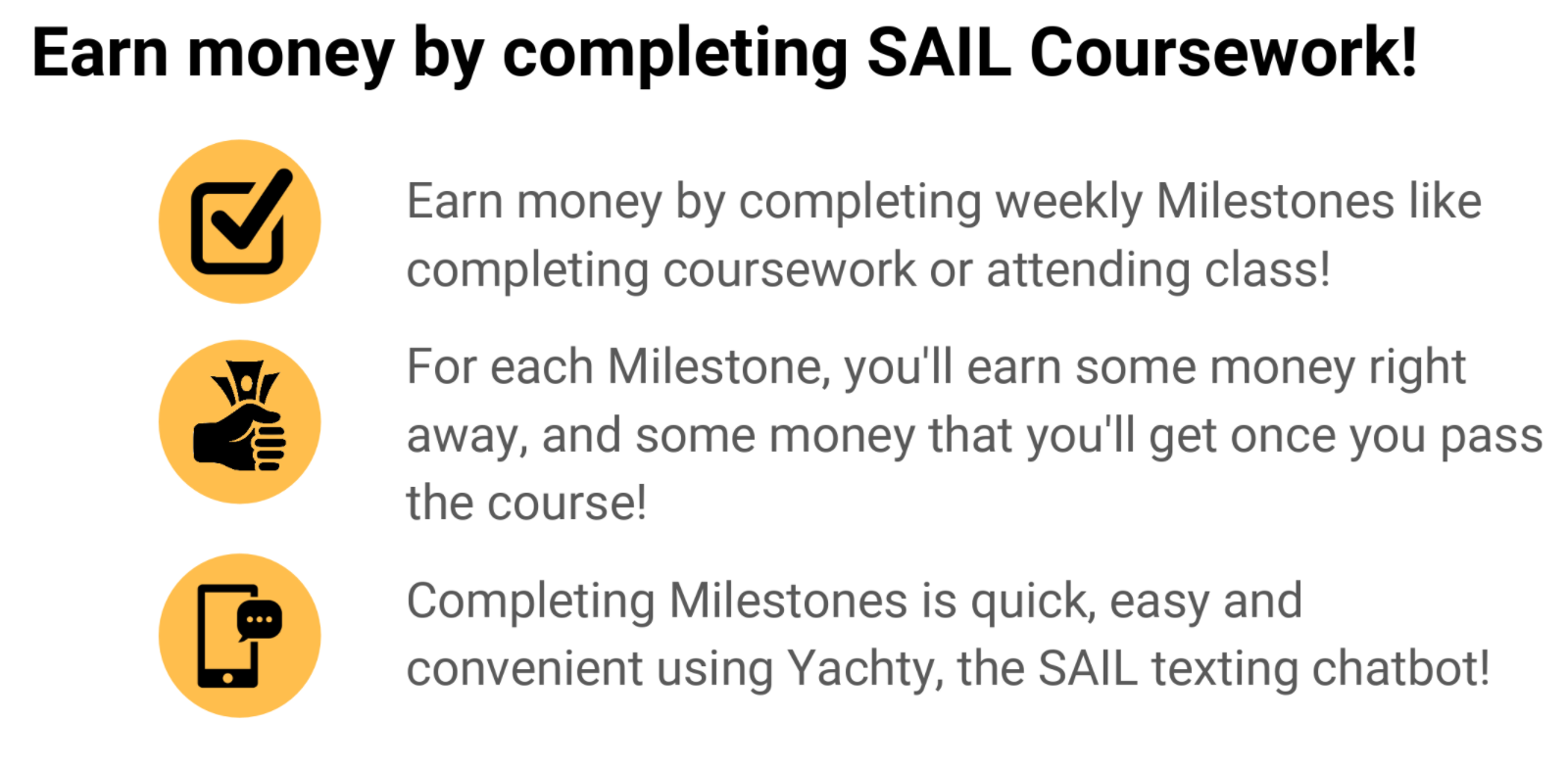“You want us to see that there can be different approaches to solving a problem,” said one of my PrepareRI math scholars, his face showing up in a box on Zoom and a green band flashing indicating he has unmuted and is talking. “You really want to hear about our thinking,” typed another, in a chat window. A Seats at the Table task they were confronted with on this day.

Source: WestEd
Another day online for these incoming 9th grade Freshman students. A transition away from middle school and a new chapter in their lives while they are soon-to-be the class of 2024 high school graduates (in four years, that is). And, like the end of their last school year, device and camera on, meeting virtually through Zoom. Except, now it’s summer.. So, you may ask, “Why math over the summer?”
Well, first of all, these scholars chose to do this. They could have opted-out and said, no, I really want to enjoy my summer, but these scholars--they want to be ready for what high school math is going to throw their way. And, some nice incentives are also thrown their way in the form of gift cards. Yes, you heard it here -- they EARN MONEY while taking this High School Math Readiness eight-week course over the summer.

Source: PrepareRI
PrepareRI, in collaboration with our Rhode Island Department of Education (RIDE), Carnegie Math Pathways by WestEd, RIDE’s Summer Readiness division, and our learning management system, Realizeit, that houses all of my scholars’ asynchronous work -- all of these groups contributing to a research-based, evidence-based opportunity for young scholars to learn math over the summer.



Source: Rhode Island Department of Education
Here is what a typical day looks like for a student...

As for their math instructor, I was involved in an intensive one-week professional learning opportunity to gain pedagogical, philosophical, and best approach strategies to enact their curriculum. Although with any great curriculum comes opportunities for students to conduct deliberate practice with math, WestEd’s philosophical approach is more about “productive persistence,” tenacity, and the use of good strategies.

During our online Zoom collaboration meetings, I encourage the use of sentence starters, such as, “I notice…, “ “I wonder…,” “I agree with ____, because,” and “I disagree with _____, because,” as a few examples. I really have to hold back and not interject my thoughts or opinions, but rather, facilitate online discourse and dialogue around mathematical thinking. That is, not so much what I’m thinking about with these mathematical tasks, but more so, what our math scholars are thinking. Making their thinking visible, is truly at the heart of this process.
They unmute and contribute to the discussion, using the chat feature to articulate their typed-responses, building on other peers’ ideas -- “I agree with Manya, because…” I do not affirm correct or incorrect responses, I just continue to facilitate the conversation. Eventually, students are able to drive the discussion and help make their mathematical sense-making very transparent with justifications and rationale. Again, this process of making their thinking visible is at the heart of the process.
I found Week 1’s curriculum to be strategic. There was one day with a focus on incorrect student responses and discussion around these. I framed these student work examples as some of my “favorite mistakes!” Then, the following day, we looked at three other student work examples (they all happened to be correct and viable solutions, all slightly different in their approach).



Source: WestEd
After our mathematical discussion around how many people can sit at 20 trapezoidal tables laid out in this fashion, I asked the question, “So, what was the method to my madness? Why did I present various incorrect and correct examples of student work?”
“You want to give us the tools to persevere,” said one scholar. “It’s important to understand what other people are thinking so that we can help each other,” said another.
As with keeping up with the philosophical stance of not necessarily confirming or judging any student response, I helped facilitate further conversation, where many other students expressed their thoughts. My heart was filled with joy to hear their responses, a small smile on my face was evident.
This is going to be a great summer!
Author: Timothy Marum (tmarum23@gmail.com) - www.techmarum.com
